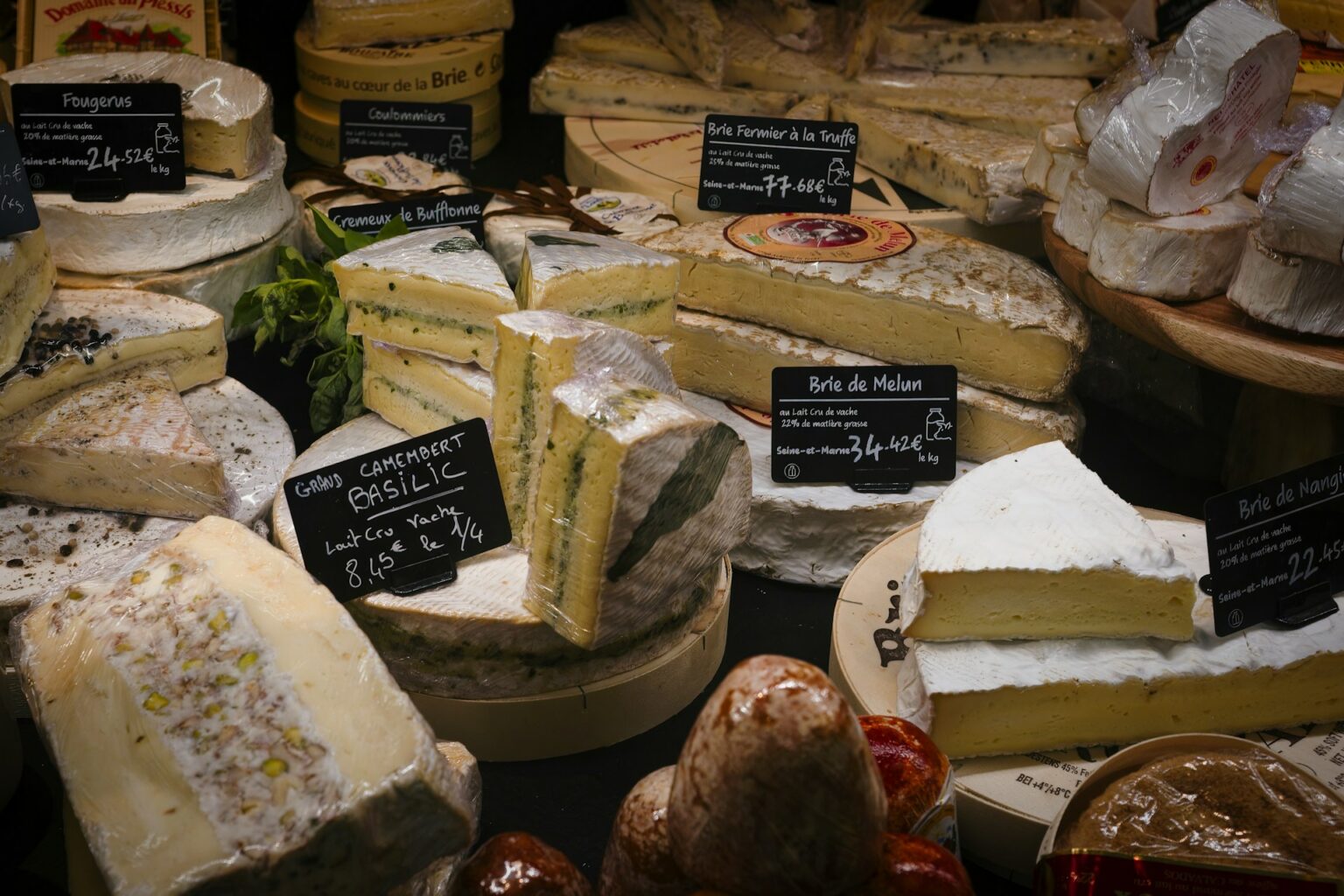China has extended its anti-subsidy investigation into dairy imports from the European Union (EU) by six months, deepening a year-old probe that has become a central element of the trade standoff between Beijing and Brussels.
The Ministry of Commerce announced on Monday that the inquiry will now run until February 21, 2026, citing the complexity of the case, which covers a range of EU cheese, milk, and cream products, Reuters reported.
The move comes amid a series of retaliatory measures launched by China after the European Commission opened an anti-subsidy investigation into Chinese-made electric vehicles (EVs) in 2023. Since then, Beijing has targeted EU exports including brandy, pork, and dairy, widely seen as countermeasures to Brussels’ EV tariffs.
In June, China extended an anti-dumping probe into European pork, a sector on which it relies heavily as an importer. The following month, Beijing announced duties on EU brandy producers, though leading cognac houses avoided tariffs under a settlement that requires sales at or above a minimum price.
For the dairy industry, however, a similar resolution appears unlikely. “We did not expect the investigation to conclude this summer, given that more technical visits by Chinese officials are already scheduled for September,” said Alexander Anton, secretary general of the European Dairy Association. He added that unlike brandy, the EU dairy sector is highly fragmented and not dominated by a few large firms, making a price-floor arrangement harder to negotiate.
France, a major exporter, is watching developments closely. French dairy exports to China are valued at around €650 million ($759 million) annually, according to François-Xavier Huard, CEO of the French dairy industry association FNIL. Huard expressed hopes for a political solution to the EV dispute to avoid duties that could disrupt this lucrative trade.
Talks between Brussels and Beijing over the EV issue remain ongoing. In April, a European Commission spokesperson confirmed that both sides had discussed the possibility of setting minimum prices for Chinese-made EVs, instead of relying solely on EU tariffs. No agreement has yet been reached.
Analysts say the dairy and pork probes are powerful leverage for China in these negotiations. “These investigations are significant bargaining chips in the ongoing talks around the EU’s tariffs on Chinese new energy vehicles,” said Even Rogers Pay, an agriculture specialist at Beijing-based consultancy Trivium China.
The outcome of the prolonged dairy probe—and its impact on EU exporters—will depend heavily on whether political compromises can be reached in the broader trade conflict. For now, European producers remain caught in the crossfire of a dispute that shows few signs of abating.
